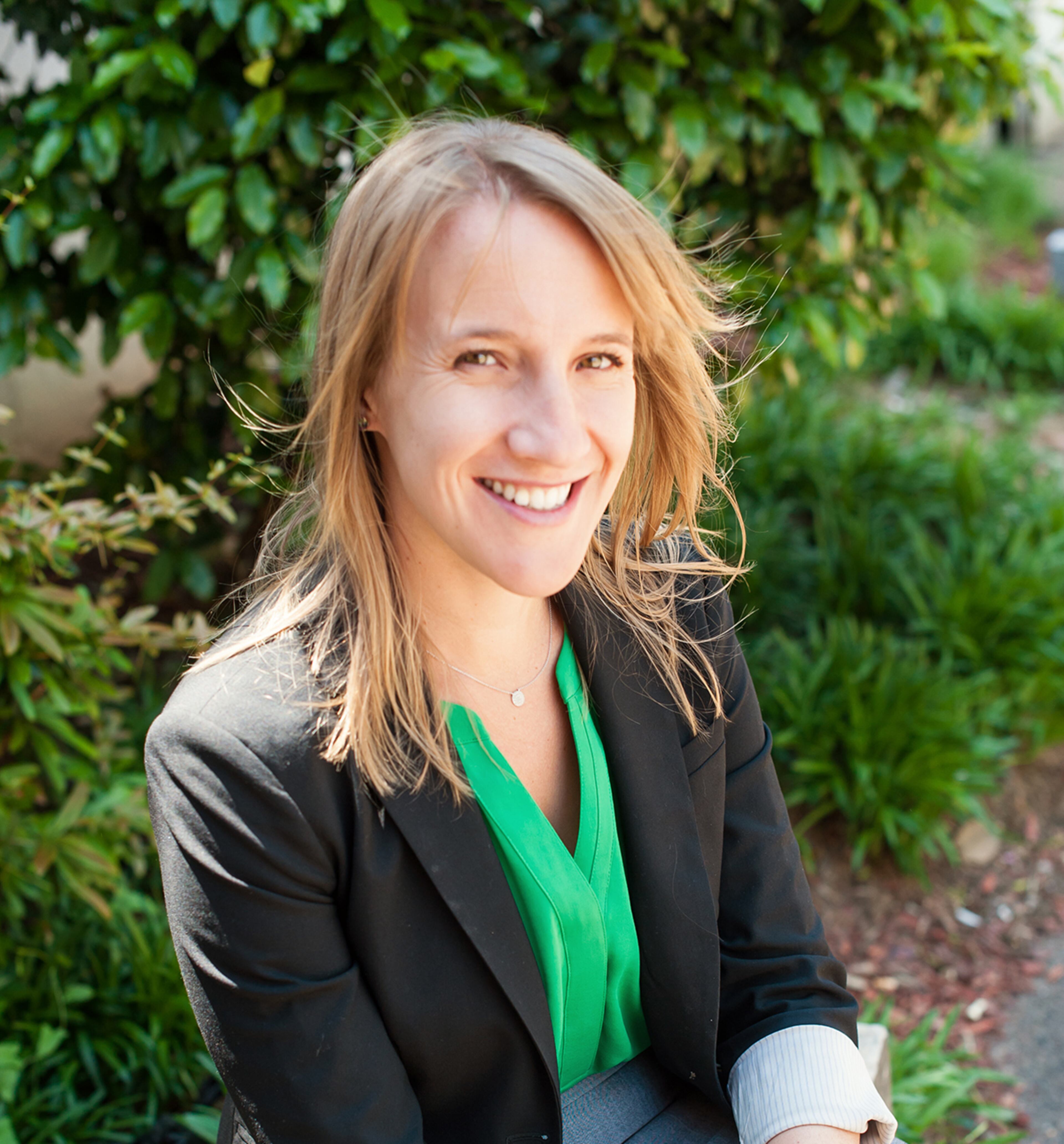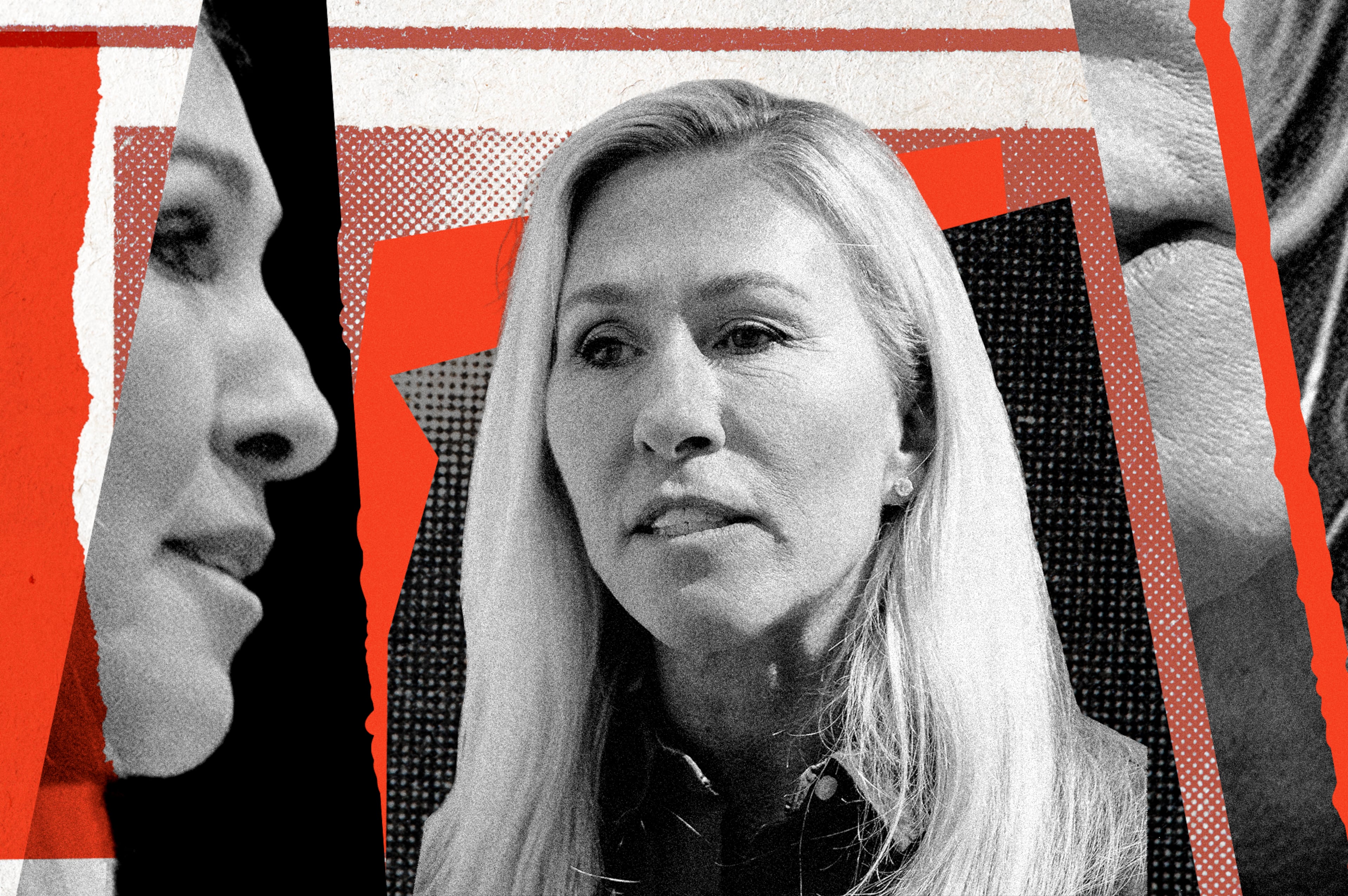Opinion: Use federal relief to expand summer learning and after-school programs

Katie Landes is the director of the Georgia Statewide Afterschool Network, a public-private collaborative dedicated to quality after-school and summer learning programs throughout Georgia. In this guest column, Landes urges Georgia to use some of its federal COVID-19 relief aid to provide learning options for children this summer as well as throughout the next school year.
A former Atlanta Public Schools teacher, Landes says schools alone cannot meet the needs of children set back by the pandemic. Research shows after-school and summer enrichment opportunities can help, she writes. But Georgia has too few.
By Katie Landes
With hopeful signs of the pandemic’s grip loosening, we can start to focus on recovery. We have a lot of catching up to do – especially when it comes to supporting youth. Despite the heroic efforts of educators across the nation, many students, especially students of color and kids living in low-income communities, lost ground over the past year. Far too many are struggling with lost instruction time, social isolation, hunger and more. Now more than ever, we need to deliver innovative solutions that will accelerate students’ learning and recovery. With summer approaching and as we plan for the year ahead, we cannot and should not expect our schools alone to meet the needs of our students and families.
What if we brought certified teachers to where the kids are – at summer camp? What if all summer programs, in and out-of-school, had access to a licensed social worker? And what if all kids had access to free transportation to and from their summer learning programs?

For example, schools might partner with summer learning programs to add hands-on, engaging enrichment to school programs and extend programming past typical school day hours. With meaningful collaboration between schools and local after-school and summer programs, all of these are possible.
In Georgia, summer learning and after-school programs can give students the extra help they need. These programs work so well because, in addition to academic support, often from certified teachers, they offer a fun, informal environment where kids learn together through hands-on, team-building activities. They offer students of all backgrounds new opportunities to explore their interests and dive deep into topics they love in ways that aren’t always practical during a typical school day. They complement what kids learn in school without duplicating it.
For instance, students in a summer program might learn science and nutrition as they plant a community garden and pick up marketing and economics as they sell their crops at a farm stand; gaining writing and technical skills along the way. Research shows that the most effective summer learning programs must be voluntary and offer comprehensive full-day programming that includes academics and enrichment at least five days a week for five weeks. Programs must be free for families and provide free transportation and meals.
And decades of data prove after-school and summer learning programs support kids’ social and emotional development, accelerate learning gains, improve students’ reading and math skills, and boost on-time graduation.
The Biden administration’s American Rescue Plan provides us an unprecedented opportunity to improve learning and supports for all youth. The federal stimulus package gives Georgia’s state and school district leaders decision-making power over more than $4 billion to combat learning loss and meet students’ social, emotional and mental health needs. The law encourages partnerships between schools and youth serving organizations. And now more than ever, it’s critical that schools and community-based programs come together to plan for impactful out-of-school time learning opportunities – starting with this summer.
We know these partnerships work. In fact, they’ve been more critical than ever during the pandemic, especially for kids who have faced major barriers to accessing instruction, working families and parents who need time to seek employment. For example, the YMCA of Metro Atlanta has provided in-person support for students during virtual school days, with extended hours from 7 a.m. to 6 p.m. Staff help students log on, stay on track during classes and engage them in fun, active games when school is done. The YMCA also partners with the Atlanta Community Food Bank, grocery stores and other local organizations to distribute food and deliver meals to families in need.
But as valuable as our summer and after-school programs are, they have been historically underfunded in Georgia. Many are at risk of losing staff or closing their doors completely, despite the ever-growing demand for them. In fact, for every Georgia student enrolled in an after-school program, two more are waiting to get in. That’s more than 633,000 Georgia students who are waiting for an available spot. Kids from low-income families and communities of color are most likely to miss out due to cost and lack of access to programs.
This summer and in the months and years that follow, we can do something extraordinary for our children, our teachers, our parents, and our community. We can ensure that every student has access to high-quality enrichment and care throughout the day.
As Georgia’s policymakers allocate funding for recovery and as school districts determine how to spend those funds, it’s crucial that they partner with and fund summer learning and after-school programs. Together we can help our kids emerge from this crisis strong, hopeful and prepared for a bright future.

